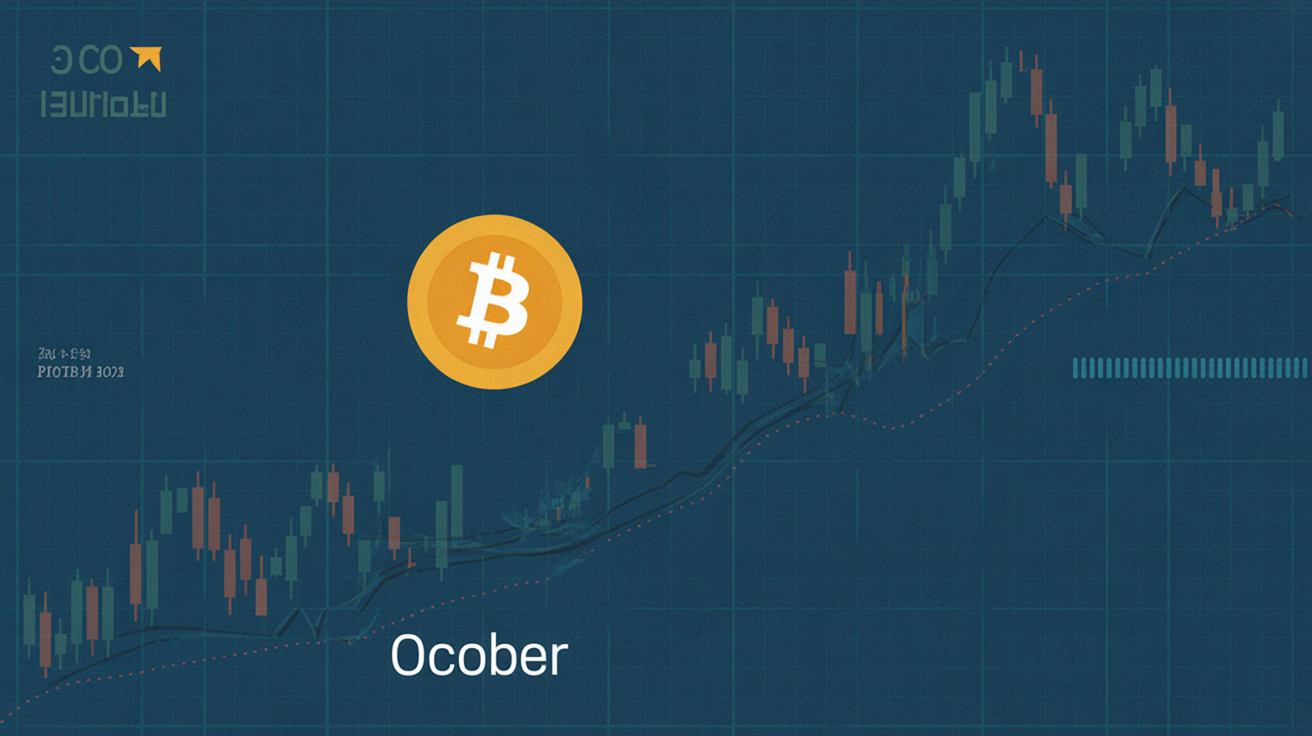BlackRock’s iShares Bitcoin Trust (IBIT) is showcasing unprecedented stability, drawing significant institutional capital as investors increasingly view it as “digital gold” rather than a speculative tech asset.
Senior Bloomberg ETF analyst Eric Balchunas highlighted that IBIT’s 90-day rolling volatility has dropped to 47.64, the lowest level since the fund’s launch in January 2024. This sustained calm is fueling a feedback loop: as volatility declines, more risk-averse, larger investors enter the market, which in turn further reduces volatility.
Balchunas explained on X (formerly Twitter), “Volatility can become self-fulfilling. The lower it goes, the more big investors jump in, which drives volatility down even more. We expect correlation to follow a similar trend. This is a clear sign of institutional ‘suitcoiners’ stepping up.”
This institutional influx is evident in IBIT’s inflows, which have surged recently. Since inception, IBIT has amassed $49 billion in net inflows — more than four times that of its closest competitor, the Fidelity Wise Origin Bitcoin Fund (FBTC), which holds under $12 billion, according to Farside Investors data.
Meanwhile, Strategy (MSTR), the publicly traded software company with a heavy bitcoin treasury, appeals more to speculators and options traders who favor higher volatility. Yet even MSTR’s implied volatility has softened recently to 60%, with historical volatility at 49%, leading to quieter price movements.
This divergence highlights two distinct investor bases: cautious institutions driving stability in IBIT, and speculative traders sustaining some volatility in Strategy.




























